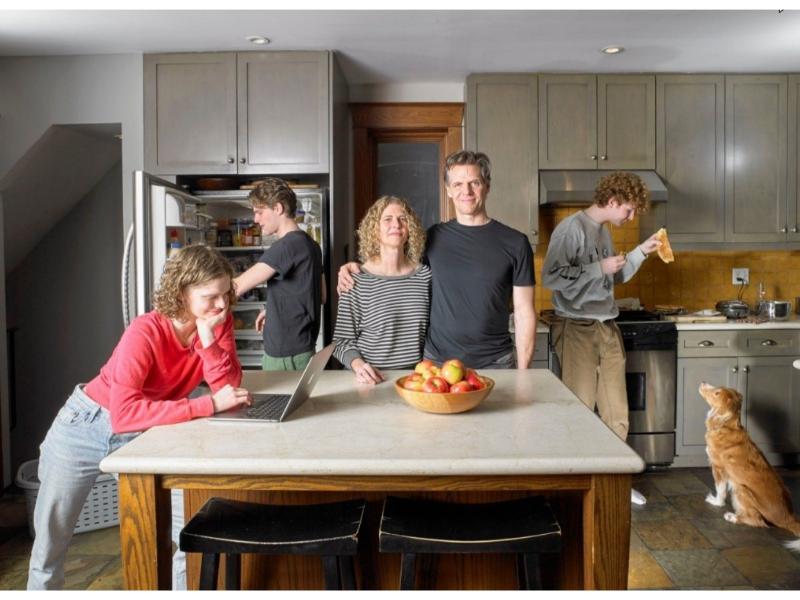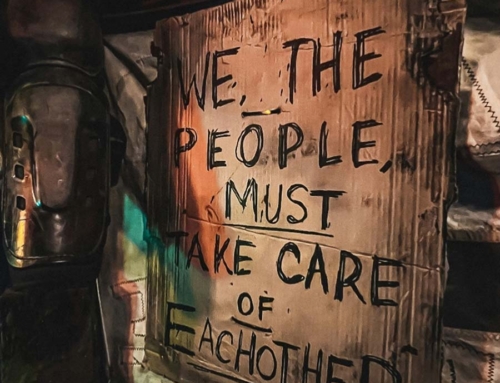
Marketeers understand the importance of Gen Z (born 1997-2013) as the consumers of tomorrow, so in our most recent study we set out to get to know this generation a little better.
We asked our research participants if they believed that too much responsibility is placed on Gen Z to fix the climate crisis. Did they believe that older generations did the damage and should be the ones to fix it?
We were somewhat surprised by the response. Rather than a ‘them vs us’ mentality, our young participants felt that all generations were ‘in it together’ and it was up to all generations to take responsibility. Hospitality worker Mark, age 23, was even forgiving, saying that
‘I do believe our generation [has the most access] to information and data, as opposed to older generations, maybe at the time, they didn’t have much of an insight’
While Ashley, social worked aged 22, was keen
‘that we act together, don’t blame older generations’
Gen Z appear to feel closer to their parents than earlier cohorts. Perhaps to be expected, given a staggering 42% of young people in the UK aged 18 to 34 still live at home as they can’t afford to move out (2023 household data). The participants in our study who were still living with their parents talked about the many experiences they were sharing with their parent(s), for example watching TV, cooking meals, sharing lifts, going to the gym, shopping online together. All of these mini interactions are where discussions over sustainable choices can happen- should you buy second hand or new clothes, should you eat less meat, should you switch to eco energy? And often it’s the Gen Z ‘children’ inspiring and leading the way for the adults rather than the other way round.
In our research the Gen Z participants felt that everyone, young and old, has a shared responsibility for future generations. As Dan, warehouse worker aged 22, put it:
‘the shared goal of keeping future generations safe should drive us to work together’
So what does this mean for brands when it comes to sustainability?
- Household targeting: Rather than having one specific age-group in mind when it comes to sustainable issues, brands should consider the two-way interactions between generations. If the new norm is homes with multiple adults in residence, then brands should take into account the influence of Gen Z (and also Gen Alpha) when it comes to shared decisions, from the weekly shop to financial investments. Gen Z may see influencing their parents/carers as a way to make the sustainable choices they themselves cannot afford.
- Interconnectedness: Brands can shape their offer to address this new level of interconnectedness. For example, financial packages to help adult offspring buy and insure their first electric car, possibly as a shared family vehicle. Or family healthy eating tips and menus that are about several adults at home, not just parents and kids. How about a shared home carbon footprint tracker so you can work together towards a goal? Or family gym subscriptions that include family groups up to the age of 30?
In the words of Gloria Steinem ‘“We need to remember across generations that there is as much to learn as there is to teach.”
Want to know more about our Gen Z – Connected Lives research series? Get in touch with us at info@brand-legacy.com






